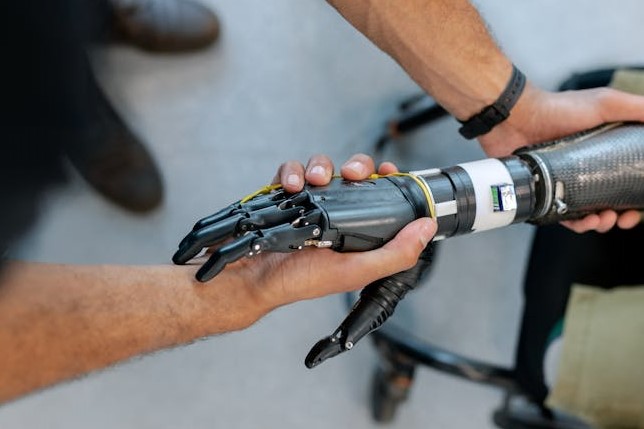
As technology races forward and artificial intelligence (AI) continues to evolve, we’re left wondering if human translators will become obsolete. However, it’s clear that humans possess unique qualities that machines will likely never match.
Translators are essential for facilitating cross-cultural communication. Despite advancements in machine translation tools, the complexity and nuances of human translation are still beyond the capabilities of machines, no matter how sophisticated they become. The Royal Spanish Academy (RAE) defines culture as ‘the sum total of ways of life and customs, knowledge, and the degree of artistic, scientific, and industrial development of a group or society, at a specific time, etc.’ This definition emphasises that culture includes both the tangible aspects of a society (customs and traditions) and the intangible aspects (ideas and knowledge).
In essence, translators must go beyond simply possessing linguistic proficiency; they must also have a deep understanding of the source and target cultures. This involves comprehending the customs, beliefs, and worldview of the people who speak that language. This understanding is crucial for accurately conveying meaning and nuance, serving as cultural bridges, connecting people through language.
If it weren’t for translators, humanity would have been deprived of countless books, movies, TV shows, and other works showcasing the creativity and brilliance of people from all over the world. Language barriers would have significantly limited our access to these resources. Translators have worked tirelessly throughout history to bridge cultural gaps and bring us closer to the knowledge, science, and art of other cultures, making our world a more culturally rich and interconnected place. Without them, we would have been confined to our own cultural bubbles, unable to appreciate the diversity of human thought and creativity.
ANTIO has been committed to raising awareness among its members of the vital role translators play in our world. Their contributions to history are immeasurable, and their replacement by machines would be a great loss. Translation students must understand their own cultures before they can truly appreciate others. Building bridges between cultures begins with self-awareness. It is our duty to continue the legacy of great translators and promote cultural harmony and critical thinking through the exchange of ideas.
Arcelio Hernández Mussio, ANTIO
